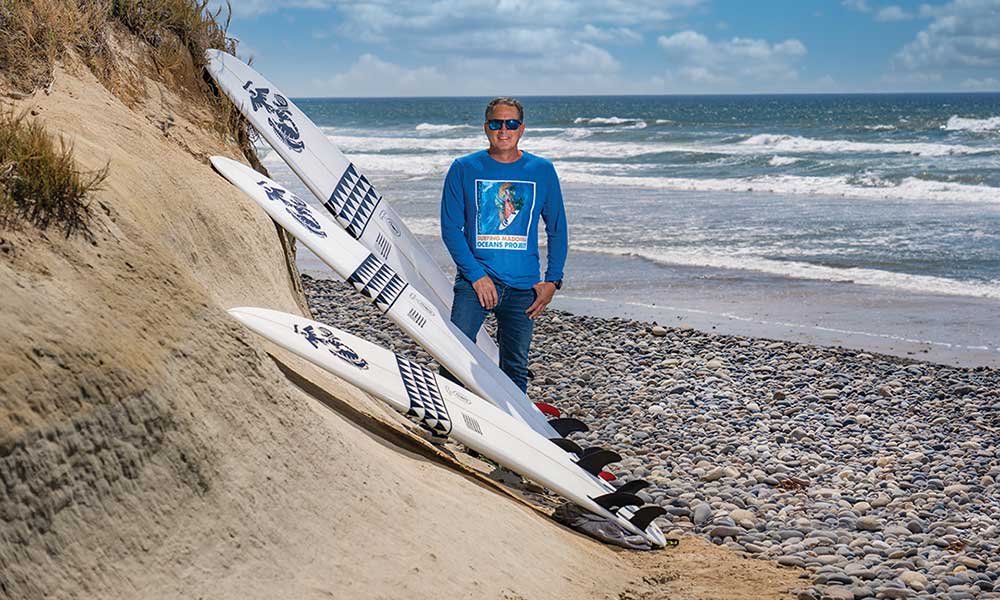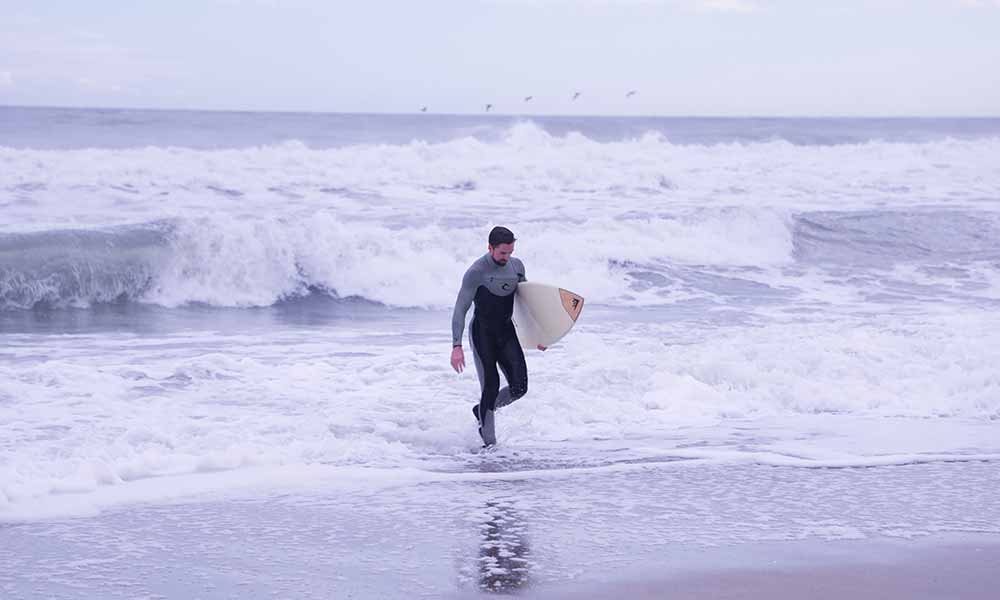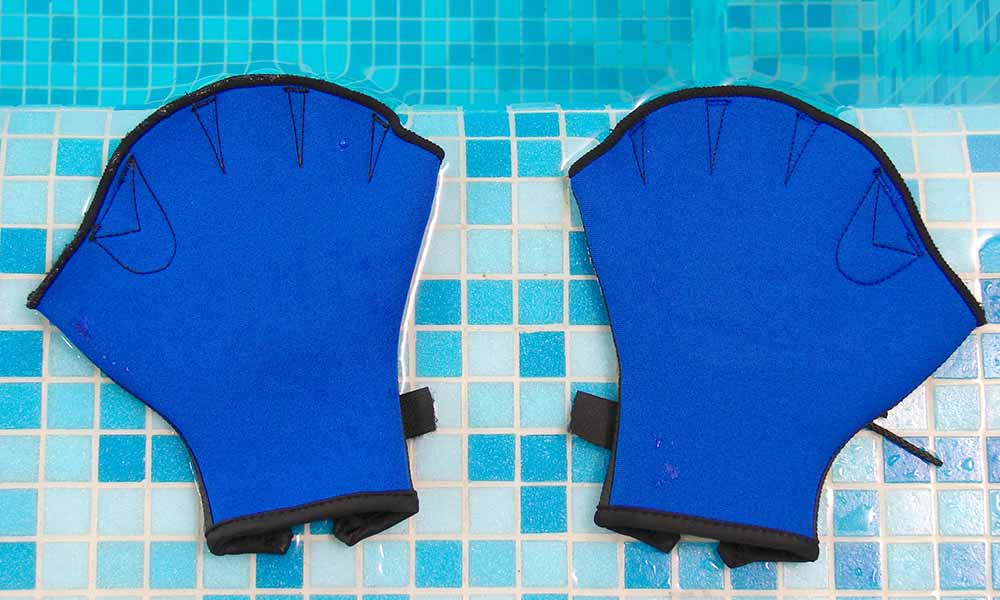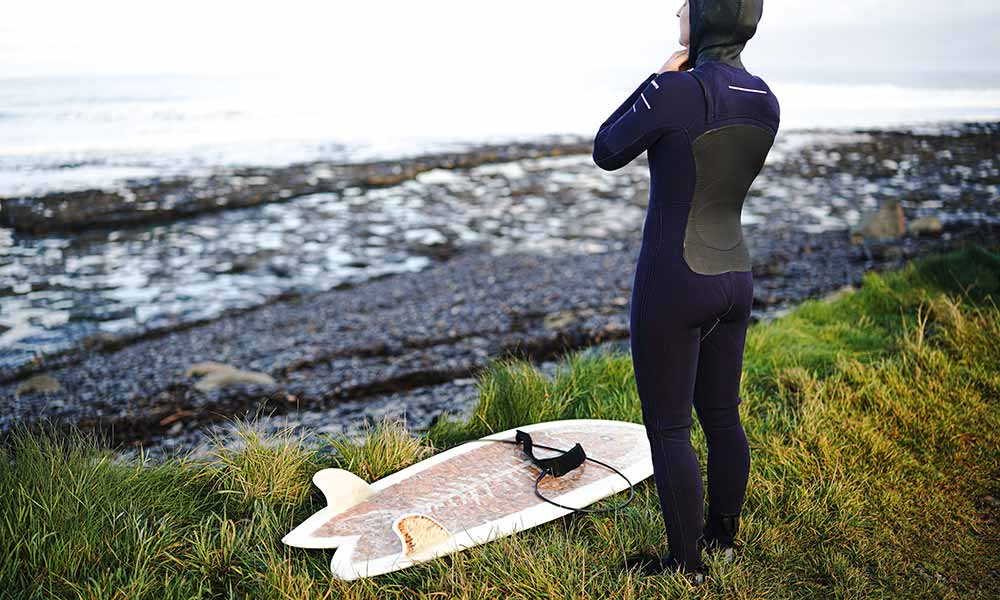Shark attacks are rare, but sharks are powerful, fast, and aggressive hunters, and it’s easy to see why people are scared of them.
If you swim for the shore as soon as you see a shark fin, you’re not alone, and it’s perfectly normal. But if you have an intense fear that strikes even when you see a shark on TV, you could have something known as galeophobia.
What is Galeophobia?
Galeophobia is an intense and irrational fear of sharks. It may seem like a pretty rational fear, as sharks are vicious animals and can kill with a single bite. But the irrationality lies in the fact that fear often strikes when there is little to no risk, such as when they are standing on the shore, sailing in a boat, or swimming in an area not known to contain sharks.
It’s not just a fear that a summer swim will turn bloody or that a curious shark will turn aggressive. It’s a crippling and intense fear that includes sharks seen on TV, in aquariums, and even in video games.
How to Pronounce Galeophobia and Selachophobia
Selachophobia is pronounced as “Seh-LA-co-fo-bia” while galeophobia is “Ga-leh-oh-fo-bia”.
Symptoms of Galeophobia
The main symptom of galeophobia is a debilitating fear of shark attacks, even when there is little to no risk of such an attack occurring. Sufferers may find it difficult to be around large bodies of water and could feel very anxious when they are near the sea or on a boat.
Even looking at pictures or TV shows could trigger their phobia, making them scared, sick, and anxious.
Some of the symptoms of this irrational phobia include:
- An intense and irrational fear of sharks
- A sense of dread and deep-seated fear even when there is no chance of a shark attack
- May suffer extreme anxiety (and even a panic attack) when watching shark attack footage and shark films
- A sense of discomfort and unease in dark swimming pools
- A need to avoid large bodies of water
What Causes Galeophobia?
As with many phobias, galeophobia doesn’t always have a direct and obvious cause. There are a few theories though.
In some cases, galeophobia seems to develop following traumatic events, such as encountering a shark and witnessing a shark attack (even on TV). Even watching Jaws, Deep Blue Sea, and other shark films can trigger a fear of sharks, especially if these films were introduced at a very young age or during a sensitive time in the sufferer’s life.
A fear of sharks could also develop as a result of anxiety disorders and familial issues. For instance, if your mother/father has galeophobia and your earliest memories are of them screaming at sharks on TV and having an extreme response to shark attack videos, games, and images, it may influence your own anxieties.
How Common is Shark Phobia?
It has been said that over half of all Americans are scared of sharks. However, such figures are very rarely seen in irrational phobias like this and those results likely have more to do with the phrasing of the survey questions than the fears of the American public.
After all, most of us are scared of sharks to some extent. They are big, fast, aggressive, and have sharp teeth. They can kill quickly and attack without reason. Saying you’re not at all afraid of sharks is akin to saying you’re not scared of falling out of a plane.
If you ask specific questions, such as whether the individual feels scared when watching sharks on TV or whether they avoid large bodies of water for fear of sharks, the numbers would drop.
There are surfers who are genuinely not afraid of sharks, but that’s because they are vastly experienced and understand just how slim the risk of a shark attack is. They also know to keep their distance, not to wear/do anything to attract or antagonise, and to get out of the water as soon as things get ugly.
In that sense, surfers are not scared of falling out of a plane, but only because they have a parachute.
How to Overcome Galeophobia
There are a few potential treatments for galeophobia. The efficacy of these treatments will depend on the severity of the condition, along with its cause:
Exposure Therapy
Exposure therapy is one of those treatments that sounds like a con but is actually very effective. The idea is that you steadily exposure yourself to the thing you’re scared of.
The more you expose yourself, the more comfortable you will feel.
We often fear what we don’t know and don’t see, so if you learn more about sharks and spend time watching them and even getting close to them, you’ll realize that there’s nothing to be scared of.
Exposure therapy should be done under the guidance of a therapist. It needs to be safe and gradual, otherwise, it could make the fear worse.
Cognitive Behavioural Therapy (CBT)
CBT is used to treat a range of phobias, anxieties, and other mental health issues. It tasks the individual with adopting a more analytical stance, understanding why they are scared, what they are scared of, and why that fear is causing them problems.
Yoga and Mindfulness
Anxiety thrives in unquiet minds. If you’re generally an anxious person, you’ll be more likely to feel uncomfortable around sharks and even to have panic attacks.
There are a few things you can do to reduce your anxiety levels, including moderating your caffeine/alcohol consumption, exercising, and performing yoga and mindfulness meditation.
Yoga and mindfulness promote deep breathing and relaxation, potentially helping you to deal with this issue and enjoy life by the sea once more.
Should I Worry About Overcoming Galeophobia?
If you have a passion for the sea, a job that takes you near to the ocean, or you live by the coast, it’s definitely worth trying to cure your galeophobia. If you don’t live anywhere near the sea and have no desire or intent to go there, it’s probably not as much of an issue.
It really all depends on how your fear impacts your life.
If you can’t look at a picture of a shark without worrying that you’re going to be eaten alive, you should definitely seek treatment. It could be worsening your anxiety and affecting your social relationships.
It doesn’t matter where you live—if swimming pools, pictures, and videos are enough to cause intense fear, anxiety, and/or panic attacks, it’s something you need to deal with.
Speak with a therapist about your shark phobia, get a clinical diagnosis, and inquire about treatment options.
Galeophobia vs. Selachophobia
We’ve heard it said that galeophobia is a fear of sharks and that selachophobia is a dislike of sharks. That certainly makes for an interesting theory, especially as both of these words are used in reference to “shark phobia”, but the truth is a little less interesting.
Galeophobia and selachophobia mean the same thing and are used interchangeably, they just have different origins.
Both of them use the word “phobia”, which comes from the Greek “φόβος” meaning “fear of”.
The word “γαλεός” or “galeos” is also Greek and our ancient philosophical friends used it in reference to both sharks and dogfish. In particular, it was used for sharks with weasel-like markings, as the word “γαλέη” or “galee” meant “weasel”.
As for selachophobia, it comes from the Greek word “σέλακηος”, which was used as more of a general word for shark.
Both terms are used to denote shark phobia.
Summary: Understanding and Overcoming Shark Phobia
Steven Spielberg has a lot to answer for. Sure, he created one of the most iconic thrillers of the 20th century, but in doing so, he made millions of people terrified of sharks, and that fear has transcended generations.
If you’re worried about being human prey every time you venture too far from the shore, just make sure you keep your wits about you, know how to act in the event of an attack, and always have a friend nearby. If you have similar fears when you’re in your local swimming pool, and your fear triggers deep mental anguish, speak with a therapist, and start fighting back.
A fear of sharks can be crippling, but it’s not incurable and as noted above, there are several tried-and-tested ways of beating this phobia.







